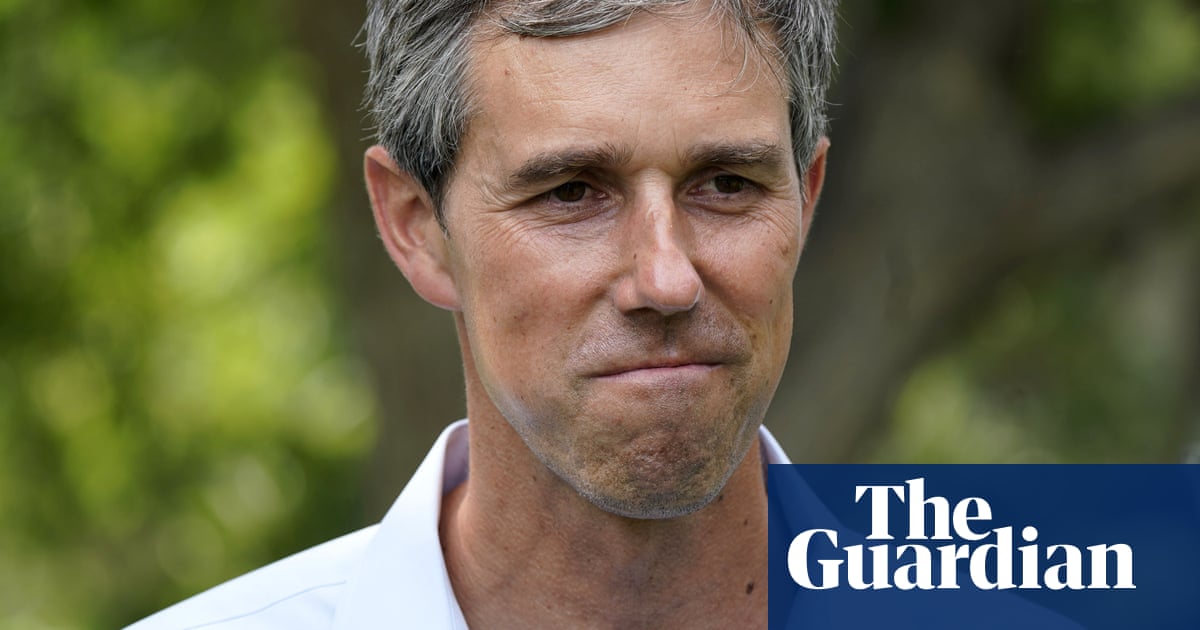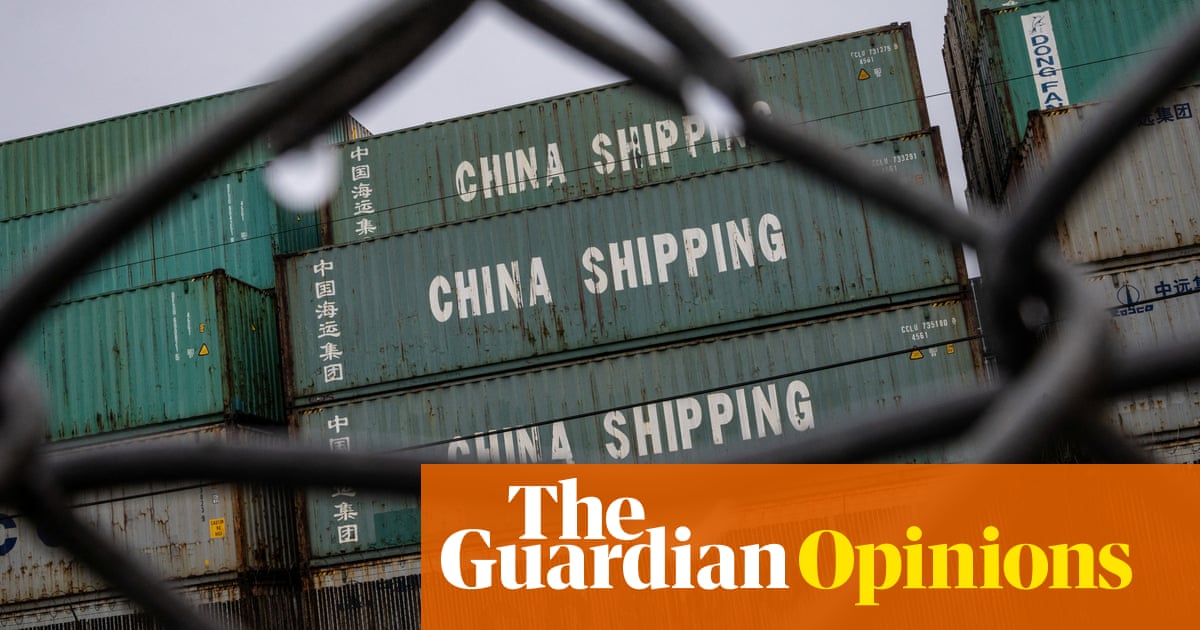European “green” funds holding more than $33bn of investments in major oil and gas companies have been revealed by an investigation, despite fossil fuels being the root cause of the climate crisis. Some of these investment funds used branding such as Sustainable Global Stars and Europe Climate Pathway.
Over $18bn was invested in the five biggest polluters: TotalEnergies, Shell, ExxonMobil, Chevron and BP. These topped a 2023 Carbon Majors ranking for oil and gas production among shareholder-owned firms. Other investments by funds following EU sustainable finance disclosure regulations (SFDR) included those in US fracking company Devon Energy and Canadian tar sands company Suncor, the investigation by Voxeurop and the Guardian found.
Investors claim that holding a stake in a company allows them to influence the firm’s pursuit of climate goals. However, no major oil and gas producer has plans consistent with international climate targets and many companies have weakened their plans in the last year, according to a report from Carbon Tracker in April.
The investment firms with the biggest stakes in fossil companies in their green funds were JP Morgan, BlackRock and DWS in Germany. The investment companies have not breached the SFDR rules, which do not explicitly rule out some fossil fuel holdings. Campaigners said change was needed to avoid people being misled.
“For a fund claiming to be ‘green’, holding investments in major fossil fuel companies should be a red line,” said Giorgia Ranzato, sustainable finance manager at Transport & Environment (T&E). “Since oil majors are not contributing meaningfully to the energy transition, any investment in such companies by a green fund is essentially greenwashing. To effectively combat this, T&E and other organisations advocate for a meaningful review of the SFDR.
“It is diabolical for banks and asset managers to invest billions in major fossil fuel companies under the rubric of ‘green investing’ when we need to accelerate investments in non- and low-carbon energy, in carbon efficiency, and in carbon removal technologies,” said Richard Heede at the Climate Accountability Institute.
A BlackRock spokesperson said: “BlackRock’s funds are managed in accordance with their investment objectives, that are clearly disclosed in each fund’s prospectus and on BlackRock’s website. Our sustainable funds are managed in line with applicable regulations governing sustainable investing. For investors that have decarbonisation investment objectives we offer a range of products that provide such exposure.”
After being contacted by the Guardian, a spokesperson for asset manager Robeco said its Sustainable Global Stars fund would remove “sustainable” from its name. A spokesperson said the fund had a 20% better CO2 footprint than the market index and that the firm had “productive and intensive engagement” with TotalEnergies.
The investigation analysed the ownership in the last quarter of 2024 of the publicly traded fossil fuel companies listed in the Carbon Majors report, using the London Stock Exchange Group Data & Analytics platform. It found $33.5bn held by green funds in 37 large fossil fuel companies.
The fossil fuel investments were in funds regulated under SFDR rules, specifically articles 8 and 9, which respectively deal with the promotion of “environmental or social” goals and “sustainable investments”. More than 480 investment companies had these types of investments, which included stocks in fossil fuel companies.
The investigation also found more than $1bn of shares in the five fossil fuel giants in funds using green keywords in their title in March 2025:
-
A Legal & General Investment Management (LGIM) fund called Europe Climate Pathway had $88m invested in Shell, BP and TotalEnergies. In total, LGIM held $210m in “green” funds.
-
The Robeco Sustainable Global Stars fund had $40m in TotalEnergies. Overall, Robeco held $207m in these funds.
-
Another fund, a State Street product called World ESG had $43m in combined investment in all five of the oil majors. ESG is a label for funds promoting environmental, social and governance goals. In total, State Street Global Advisors UK held $243m in the “green” funds.
The financial institutions with the biggest fossil fuel stakes in their article 8 and 9 funds and those using green keywords were JP Morgan Asset Management and its UK subsidiary with $3.2bn, DWS in Germany with $2.2bn and BlackRock Investment Management UK and BlackRock Advisors UK with a combined $1.7bn.
The SFDR regulations were not originally intended to be used in marketing but the classifications have been used to showcase a financial product’s environmental credentials.
after newsletter promotion
This has remained the case even after the European Securities and Markets Authority (Esma) called for sweeping reforms to tackle greenwashing and published tighter guidelines in August 2024 for the use of sustainability and ESG-related terms in fund names. The new guidelines include “transition” funds, where managers should demonstrate the investments are on a “clear and measurable path to social or environmental transition”.
The deadline for application of the new guidelines is 21 May. BlackRock and JP Morgan Asset Management announced in March and April respectively that they would remove words such as sustainable and ESG from some fund names. Campaigners said they could have acted sooner. JP Morgan, DWS, LGIM and State Street all declined requests to comment.
The guidelines are not legally binding but from 21 May national financial regulators will be able to require companies to report publicly whether their products comply with the rules and could choose to sanction any guideline breaches.
Paul Schreiber at Reclaim Finance said: “We need strict rules that ban investments in companies developing fossil fuels from any fund with an ESG-related description. This is precisely what the SFDR failed to do. In this context, the review of the regulations must include strict fossil fuel exclusions covering all fund categories.”
An Esma spokesperson said: “Our focus is on supporting [national authorities] to implement the current guidelines, as they are only becoming applicable to existing funds on 21 May. In the future, if needed, we will evaluate the possibility of changes to the guidelines together with competent authorities, also bearing in mind potential developments in the review of the SFDR.”
TotalEnergies has said the company supports the objectives of the Paris Agreement and that its strategy is consistent with a global temperature rise of less than 2C. Shell declined to comment, while other fossil fuel companies did not respond to requests for comment.
This article is part of an investigation coordinated by Voxeurop with the support of Journalismfund Europe

 5 hours ago
3
5 hours ago
3

















































